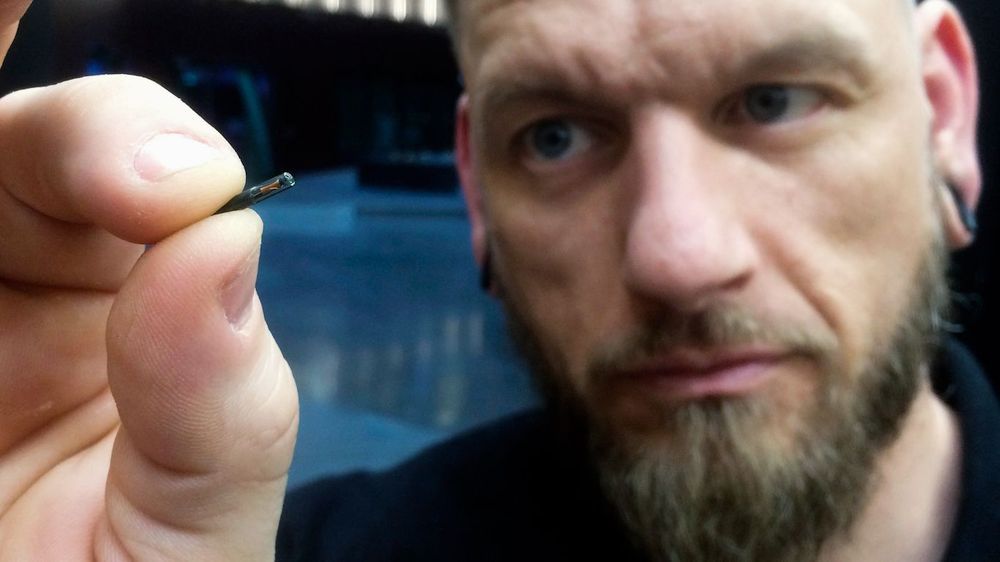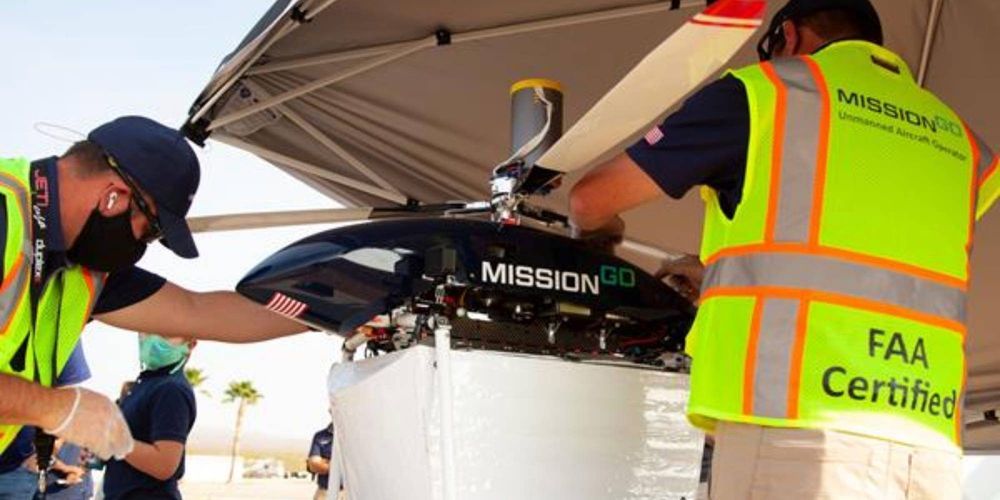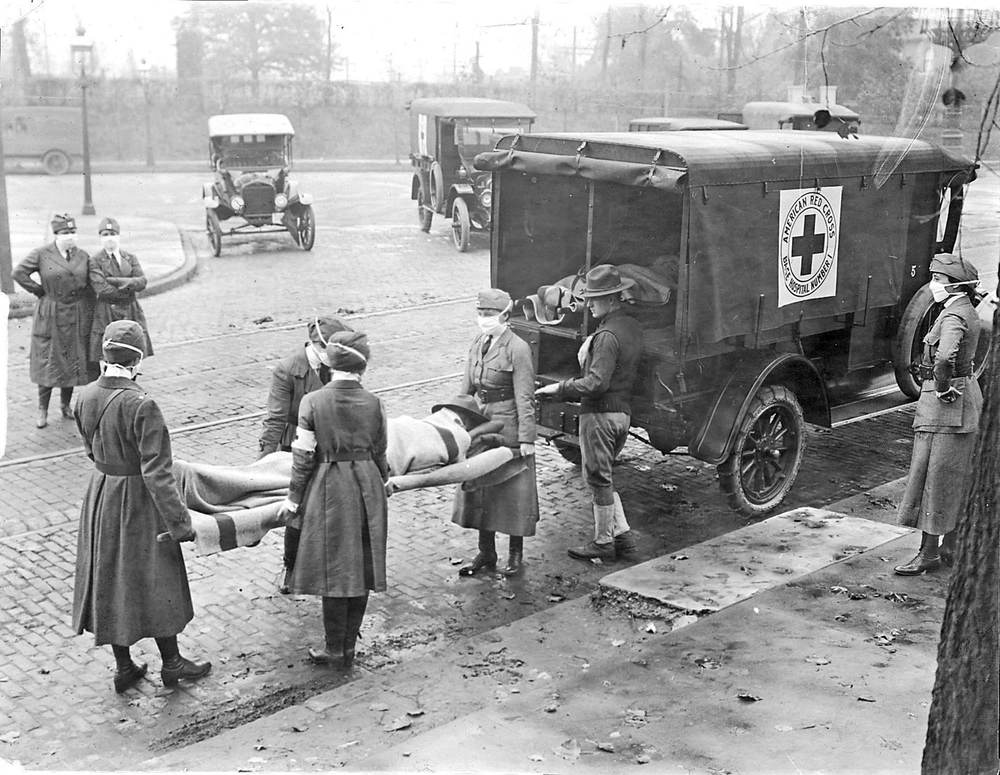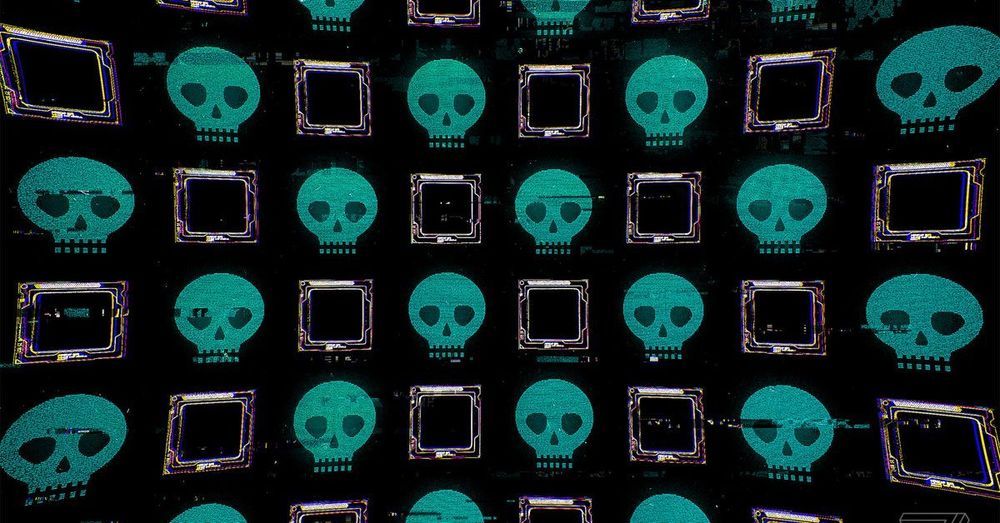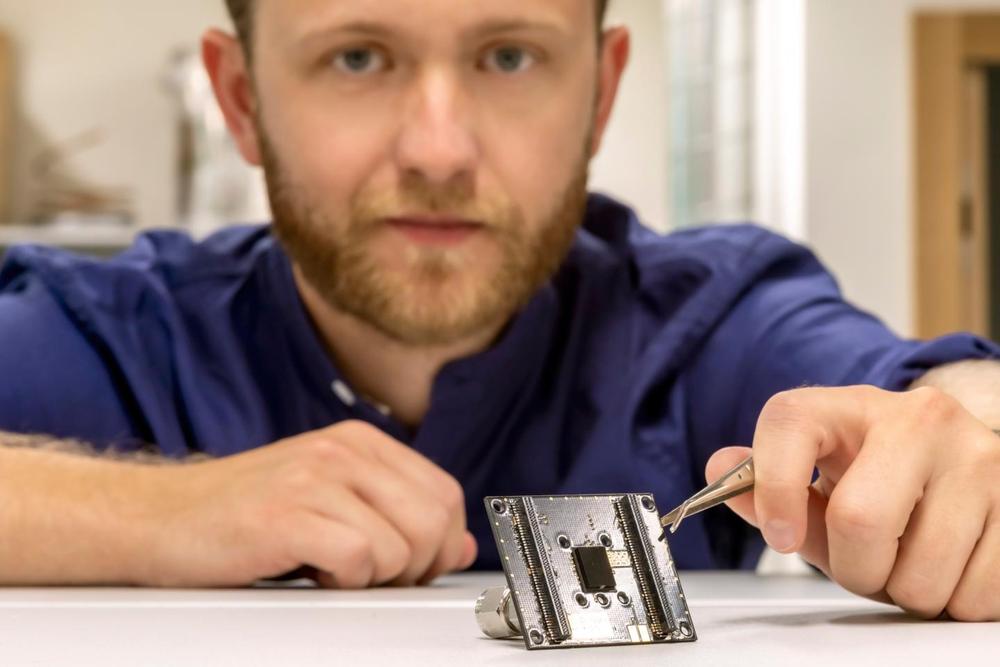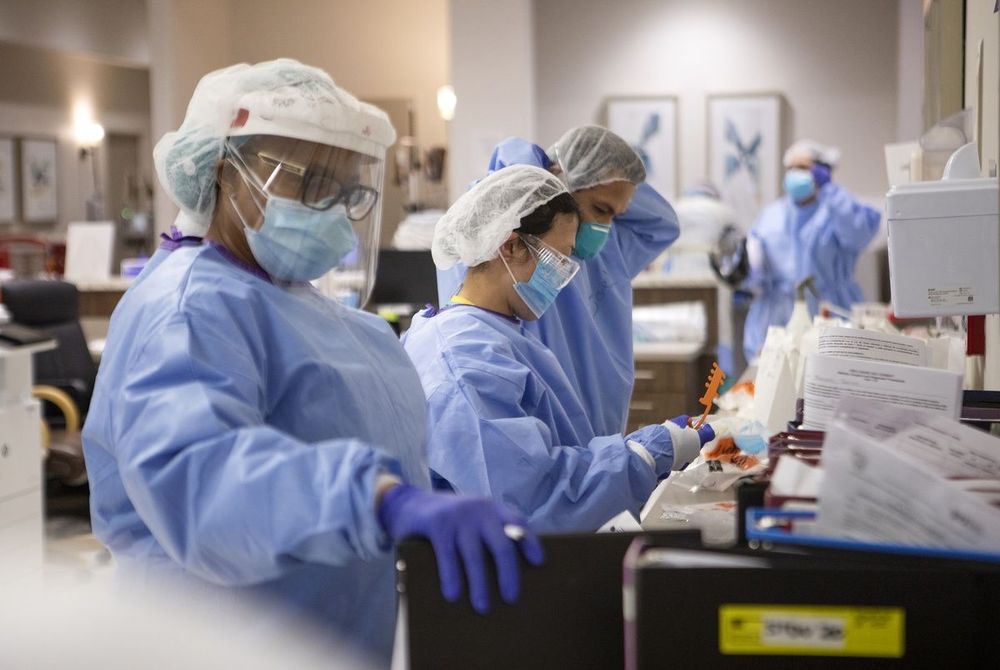Oct 12, 2020
Ancient DNA lab maps little-explored human lineages
Posted by Quinn Sena in categories: biotech/medical, health
Most previous ancient DNA work involves people of European ancestry. A focus of the Emory lab, however, is exploring how environmental changes — including those caused by European contact — affected the biology of Indigenous and other populations of the Americas.
“Our work can connect people to ancestries they potentially don’t know about,” Lindo explains. “It can also give them insights into how historic, and even prehistoric, events may be affecting them today, especially in terms of health risks and disparities.”
Lindo establishes relationships with local and Indigenous people who decide whether unearthed remains from their communities will be analyzed and how the data will be used. Visiting scientists and scholars from these communities will come to the Emory lab, working alongside Emory scientists and students, exchanging knowledge, insights and perspectives.



